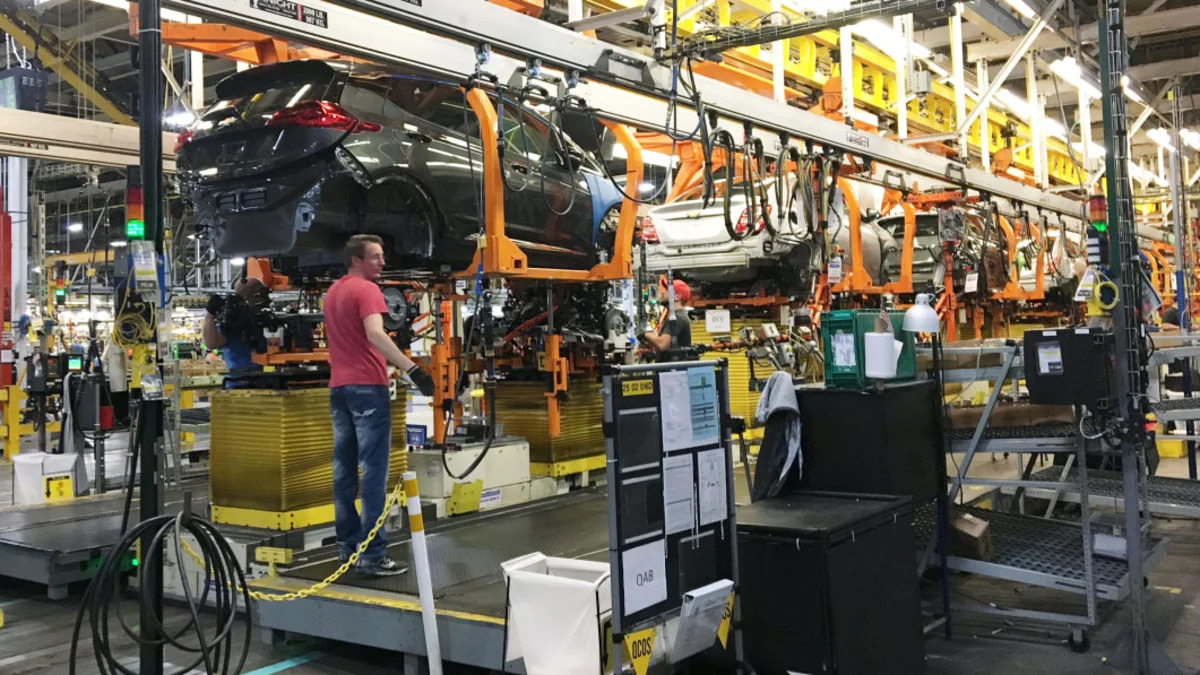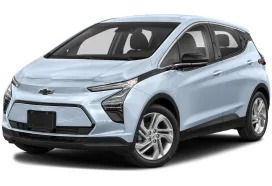There's good news for Chevy Bolt EV and Bolt EUV owners and prospective buyers. General Motors announced that battery production is resuming for the little electric cars. Apparently GM and battery manufacturer LG have revised their manufacturing processes to avoid the issue that was causing the battery fires. The automaker said the fires could occur when a battery cell had both a "folded separator," which separates the cathode and anode, and a "torn" anode.
With the manufacturing procedures updated, GM is resuming battery production. The first batteries will be delivered in mid-October. Those batteries are going right to replacing existing battery packs. GM is aiming to get them to owners of Bolts that own a car built when most of the defects were appearing. All of these new batteries will also come with an 8-year/100,000-mile warranty, and Chevy will reach out to owners to let them know when their replacement pack is ready. The company has recalled more than 140,000 cars, which is the entire Bolt production run, and the total cost of the replacement program could be $1.8 billion. GM plans to have LG reimburse it for the costs. As for when production of new Bolts will start, the company hasn't said.
Furthermore, GM has an update for Chevy Bolts that adds battery diagnostic software. It keeps an eye on the battery's status and can spot if it's doing anything when charging or discharging that could be caused by a problematic cell. This will also be able to let GM know if and when a car should be prioritized for replacement. Owners can schedule a time to go to their respective dealers for the software update in about 60 days.
In the meantime, GM recommends owners continue following previous instructions for their Bolts. They should set the target charge level to no more than 90%, and avoid discharging the car to a range below 70 miles. Related to that, owners should charge more frequently rather than charging when the battery is really low. And owners should still park the car outside the garage and at a distance of at least 50 feet from other cars or nearby structures.
This story contains reporting by Reuters.
Related video:



Sign in to post
Please sign in to leave a comment.
Continue